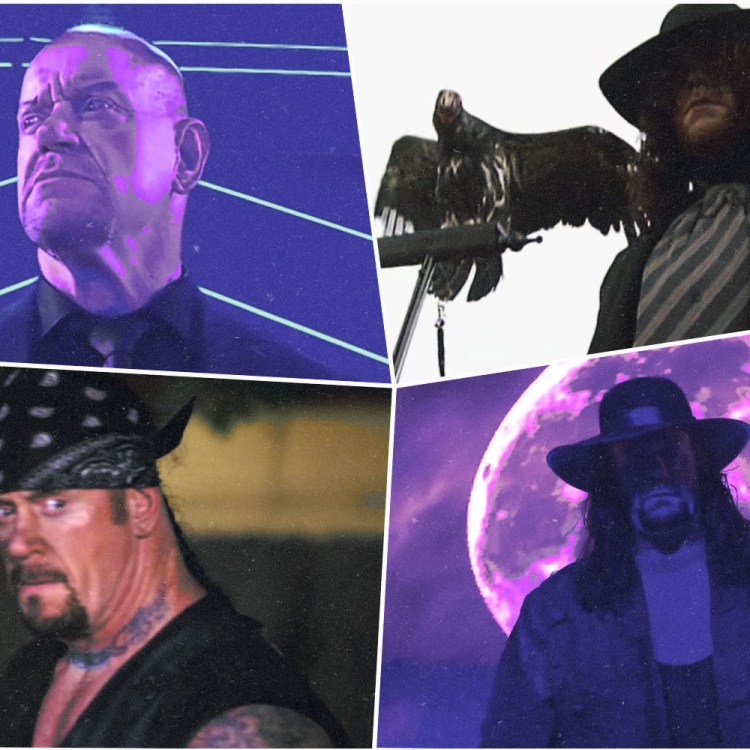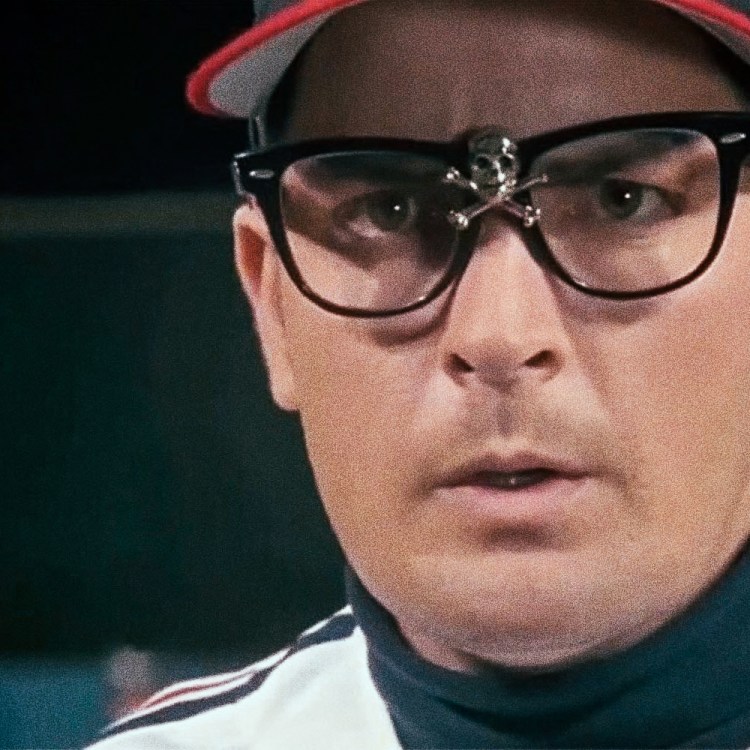Christian Hosoi has truly lived a life more fantastic than fiction. (No author telling the story of a skateboarder who went from earning NBA-level money as a teenager to being imprisoned for meth only to discover God in a prison cell would dare to call the main character “Christian.”)
Beyond this, Hosoi and skateboarding (which he calls a “young sport”) literally grew up together. “When I came into the scene in the mid-70s, we took it into the air,” he says. “We were inventing maneuvers on a daily basis pretty much.” (Literally—see him perform his iconic Christ Air below.)
“It was not credited as a legitimate sport plus our lifestyles were a little bit aggressive,” Hosoi says. “Rebellious you could say. So for how far skateboarding has come in such a short time… it’s really astonishing.”
Skateboarding has indeed journeyed an absurd distance: it joins the Olympics in 2020. And, of course, there’s the X Games, which ESPN launched in 1995. It made Tony Hawk into a star, one who has personally earned tens of millions of dollars off video games and other products.
Hosoi, on the other hand, did not attend the inaugural X Games, because he was avoiding bounty hunters. “I had a bench warrant for my arrest,” he says. “I was kind of like in a state of identity crisis trying to figure out who I was at the time. Drugs really took a hold of me. I was battling the ego: ‘What is next for Christian Hosoi?’ In the mid-90s, I got introduced to crystal meth and crystal meth really took me down a path of destruction. Led me right to prison.” (He was sentenced to 10 years for possession of 1.5 pounds of crystal methamphetamine with intent to distribute in 2000, ultimately getting released in 2004.)
In 1985, still only 17, Hosoi was making $350,000 at a time the average NBA salary was roughly $300,000. He lived in W.C. Fields’ former home in Hollywood. By 2000, it was all gone, including his freedom. The fall was shocking, but it set up a downright miraculous recovery.
“God radically came into my life in a prison cell,” Hosoi remembers. “Changed my heart so now I’m sober: it’ll be 18 years this January.” Today he has “four boys, three grandchildren.” And there’s more: “I’m still a professional skateboarder at 50. I travel the world as an ambassador for the sport. I still enter competitions. Vans throws events all the time and me and Tony Alva, guys like that, get to travel the world and represent skateboarding. I was just in Shanghai last week.”
Even so, don’t you ever wonder: If I’d found my faith a few years earlier, would I have Tony Hawk bank today? (The skater and X Games announcer Dave Duncan told Sports Illustrated in 2004 that he felt “every dollar that Tony Hawk has made is really Christian’s money.”)
Hosoi says no: “You know, my story’s my story. I wouldn’t change it for all the money in the world.” He feels there’s no certainty he would have stopped using if he had that payday: “I might not even be alive if I had that cash.” Most importantly, he believes “my life, my story, my rights, my wrongs” can offer hope to other people who feel lost: “Your mess-ups become your message, your tests become your testimony.”
This brings us to Made in Venice. Just as Hosoi reclaimed the joy and glory of his youth, the documentary shows the determination necessary to create the “most beautiful skate park on the beach in my hometown.” Hosoi still remembers how difficult it was to go skating in Venice growing up: “We’d take ramps and they’d kick us out. We did that so much they went, ‘They’re just going to keep bringing ramps. You know what? Have the ramps. Just have them over there to the side.’ Pretty soon, they knew we were there just to skateboard, not to cause trouble.”
In general, Hosoi is excited by the growth and, yes, acceptance of his sport: “Competitive skateboarding is competitive skateboarding. Put an obstacle there and I’m going to try and win the contest. That’s the way I thought back in the day. It didn’t matter if it was in a backyard or an arena in front of thousands and thousands of people.” He’s particularly intrigued by the potential of the Olympics to bring in a new audience: “There’s going to be a new window for spectators to see a radical sport called skateboarding”
And he’s excited for his own future: “My career gets bigger the bigger skateboarding gets.” Now behold Hosoi destroying a pool in 2013 at the tender age of 45.
This article was featured in the InsideHook newsletter. Sign up now.





















